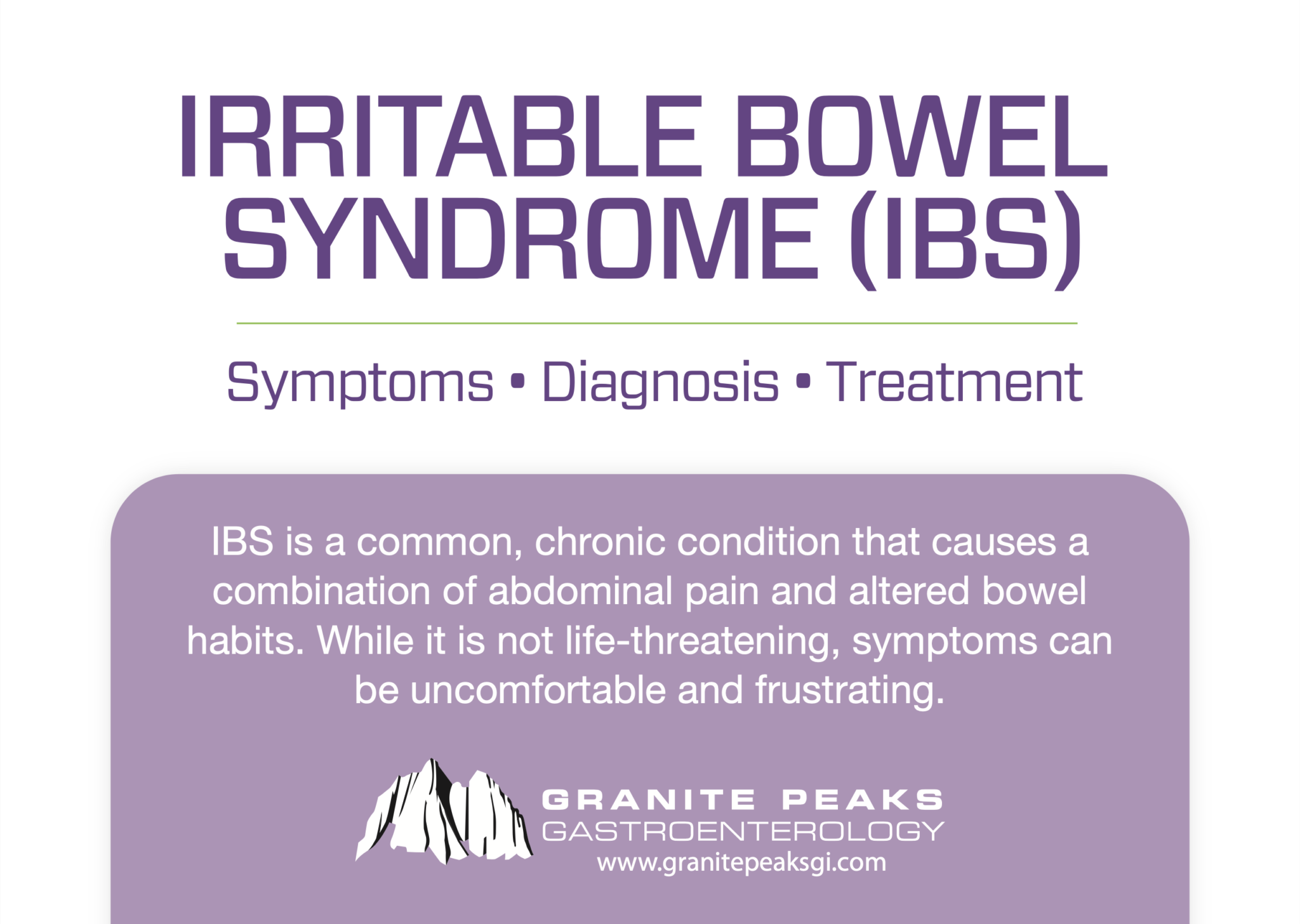IBS (IRRITABLE BOWEL SYNDROME)
Irritable bowel syndrome (IBS) describes a broad variety of conditions that alter intestinal motility and sensitivity. While common in the US, irritable bowel syndrome treatment will vary depending upon what symptoms are present and how adversely the condition is impacting the patient’s life. Fortunately, IBS is not a life-threatening condition, but it can be a frustrating, inconvenient, and an embarrassing condition to suffer.

